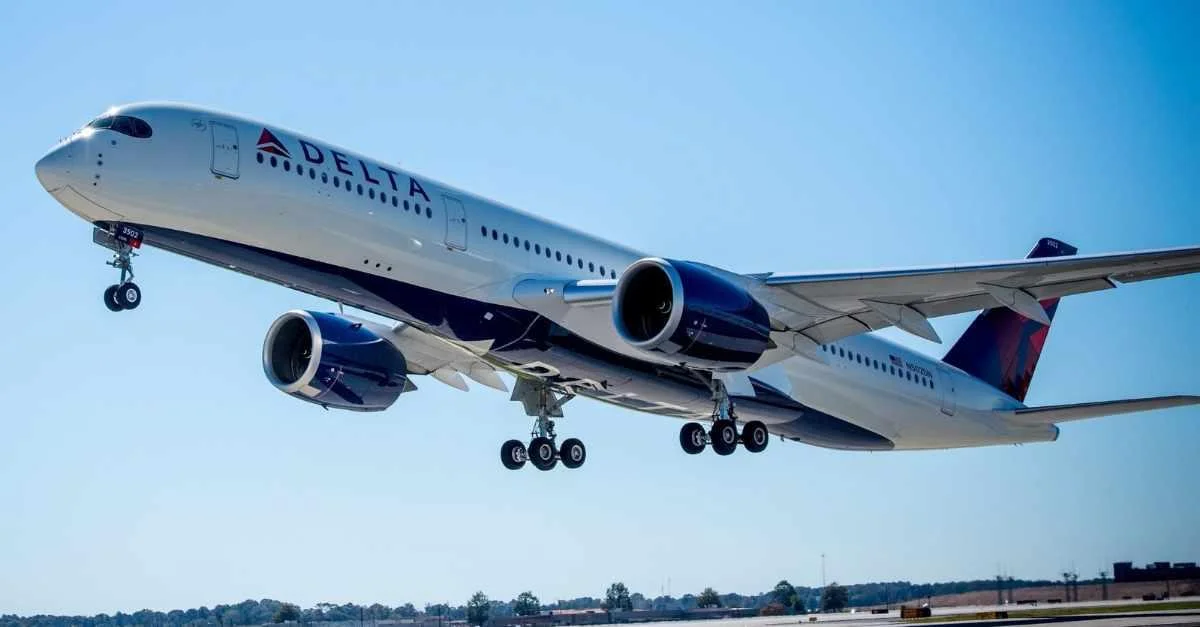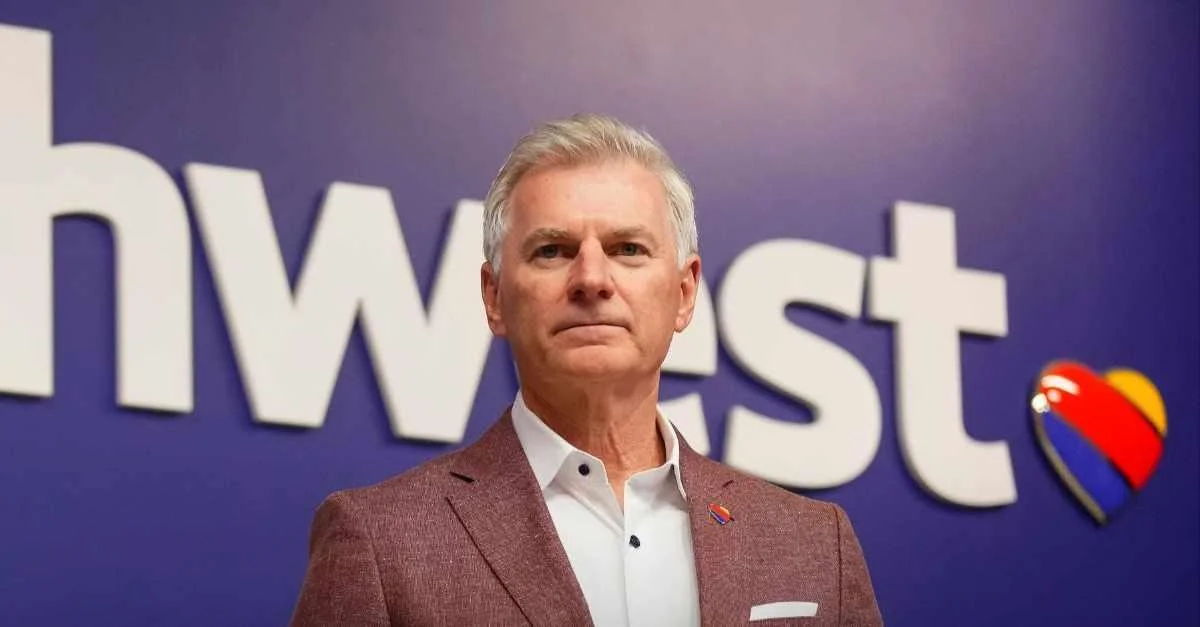Recent developments in the aviation industry highlight the challenges European airlines face in meeting sustainability targets due to a shortfall in sustainable aviation fuel (SAF). The International Air Transport Association (IATA) defines SAF as fuel derived from non-fossil sources, such as biofuels. These fuels must meet criteria related to emissions and resource use.
In Europe, airlines have committed to using SAF to reach net-zero carbon emissions by 2050. Notably, Virgin Atlantic operated a flight from London to New York using 100% SAF in 2023. This move is part of broader efforts where blending SAF with jet fuel allows for gradual integration without requiring major infrastructure changes.
A breakthrough came when Firefly Green Fuels developed SAF from human waste, gaining attention for its sustainability potential. Wizz Air signed a deal worth nearly $1 billion for 525,000 tonnes of this SAF over 15 years starting in 2028. Meanwhile, Emirates partnered with Shell at Heathrow Airport for SAF supply.
 Alerts Sign-up
Alerts Sign-up




































